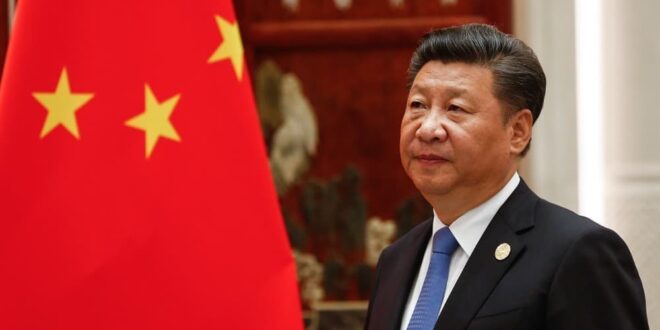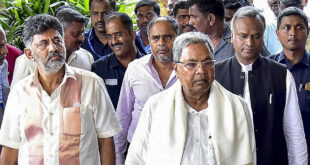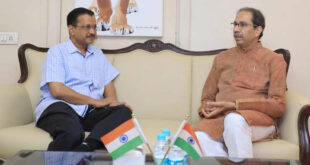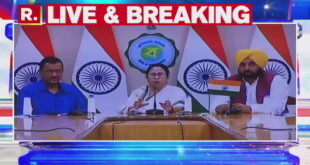The world faces increased tensions with China over trade, security, and human rights after Xi Jinping was elected to a third five-year term as leader of the ruling Communist Party on Sunday.
Xi has tightened control at home and is attempting to leverage China’s economic might to expand its influence abroad. This month, Washington accused Beijing of attempting to undermine US alliances, global security, and economic rules. According to activists, Xi’s government wants to deflect criticism of human rights violations by changing the United Nations’ definition of human rights.
“The world system is broken, and China has answers,” says Xi, according to William Callahan of the London School of Economics. “More and more, Xi Jinping is talking about the Chinese style as a universal model of world order, which dates back to the Cold War.”
Xi did not indicate plans to change the harsh “zero-COVID” strategy that has frustrated China’s public and disrupted business and trade at a Communist Party congress that concluded on Saturday. He said there would be no changes to policies straining relations with Washington and Asian neighbors. He advocated for greater technological independence, faster military development, and the defense of Beijing’s “core interests” abroad.
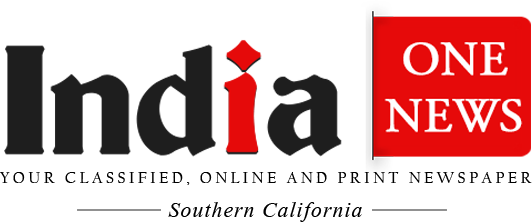 India One News
India One News
